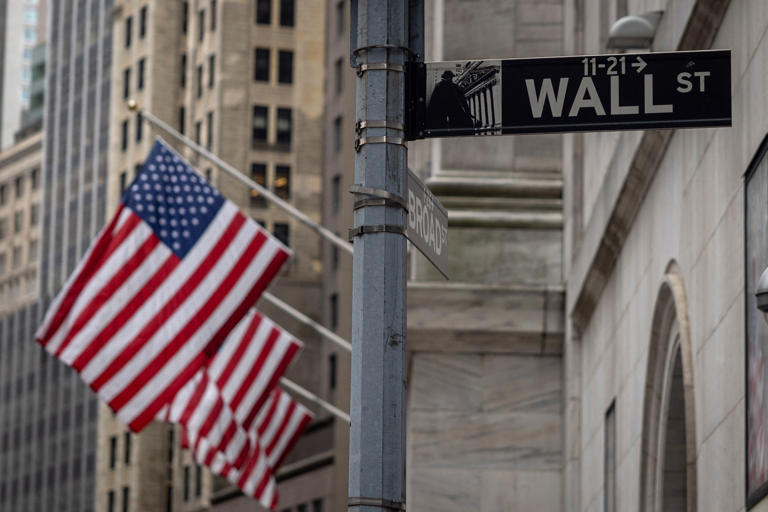The U.S. economy is no longer exceeding expectations. After a period of upward revisions to growth forecasts, recent data suggests a broad-based slowdown. This has tempered optimism about a sustained acceleration for the second consecutive year.
Economists are adjusting their outlooks. Investment firms like Goldman Sachs have lowered their estimates for the second quarter’s GDP growth, citing weaker spending trends. The Atlanta Fed’s GDPNow tracker, which uses real-time data to estimate GDP, has also seen a significant decline.
The manufacturing sector, a bellwether of economic health, is exhibiting signs of contraction. The Institute for Supply Management’s (ISM) manufacturing PMI, a key gauge of activity, has fallen below 50 for two consecutive months, indicating a decline. This decline follows a brief period of expansion earlier this year.
This isn’t an isolated incident. The April jobs report revealed weaker-than-expected job growth with an unexpected rise in unemployment. Retail sales data for the same month also came in softer than projected. Additionally, a downward revision to first-quarter GDP growth primarily stemmed from lower consumer spending.
Despite these negative signals, the stock market has remained surprisingly buoyant. All three major indexes reached record highs in May. This could be due to a shift in investor sentiment. A weakening economy might be seen as an opportunity for the Federal Reserve to cut interest rates, potentially benefiting stocks in the short term.
Historically, a negative correlation has existed between economic surprise data (how much data deviates from forecasts) and stock prices. Lately, this correlation has been inverting. In simpler terms, bad economic news is being interpreted as potentially good news for stocks.
For example, the S&P 500 rallied after the disappointing April jobs report. This suggests that some investors believe a slowdown could lead to lower interest rates, creating a more favorable environment for equities.
However, there are concerns about this narrative’s long-term sustainability. Bank of America strategist Ohsung Kwon warns that “bad news can turn into bad news” for stocks if economic deterioration continues.
The upcoming May jobs report will be crucial. Economists anticipate an increase of 185,000 nonfarm payrolls with unemployment remaining steady at 3.9%. This outcome, dubbed the “Goldilocks” scenario, would suggest a healthy labor market that isn’t too hot (fueling inflation worries) or too cold (raising recession fears).
With inflation currently trending downward, many strategists believe there’s room for stock prices to rise even if the economy slows. Ultimately, the true impact of the slowdown on the market will depend on whether it proves temporary or a sign of more significant challenges ahead.
